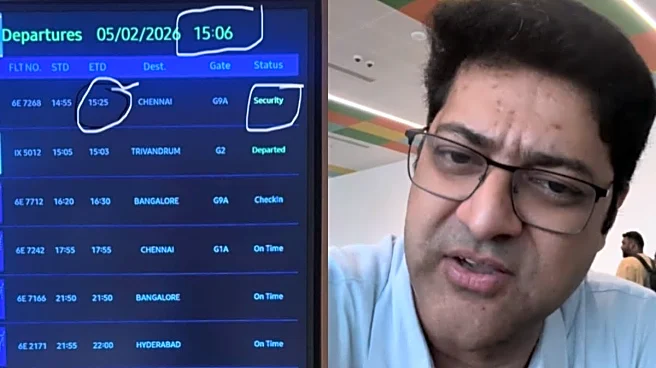In a shocking incident, a 13-year-old boy suddenly collapsed and died while playing an online game on his mobile phone in Lucknow. The teenager, identified as Vivek, had been continuously playing the popular
game Free Fire since morning, according to his family members. His family – including his mother and sisters- was present when he lay down on his bed while gaming. Believing he had fallen asleep, his family members did not check immediately, but when he failed to respond for several minutes, they discovered he had already died. The police have seized his phone and taken it away for forensic examination to determine the exact nature of the game. Vivek’s sudden death has stunned both the family and friends, raising questions about the mental and physical health risks linked to excessive gaming among children. Experts describe this case as sudden gamer death - an unexplained and abrupt fatality that occurs during or immediately after prolonged gaming sessions. It involves no physical violence or external injury, but it internally harms mental health.
What is sudden gamer death?
According to experts, sudden gamer death is an internet gaming disorder - an emerging problem among teenagers and kids across the world. Rarely, media reports about people who have died while playing video games, but thus far, no systematic, scientific study is available about the topic. BMC Psychiatry says there are over 30 cases of young people – all between 11 and 40 years of age - who have died while playing games on computers or phones. In most cases, the cause of death was pulmonary embolism, cerebral hemorrhage, or fatal cardiac arrhythmia. Research says that long and uninterrupted hours of gaming trigger dangerous mental health conditions. Sitting in the same position for extended periods can lead to pulmonary embolism - a blockage in a lung artery, most commonly caused by a blood clot that travels from another part of the body, such as a deep vein thrombosis in the leg. Symptoms can include sudden shortness of breath, chest pain, and a rapid heart rate. Treatment often involves blood-thinning medications to dissolve the clot and prevent new ones. Also, continuous mental stress and high adrenaline levels during gaming can cause cardiac arrhythmia - an irregular heartbeat where the heart beats too fast, too slow, or with an abnormal rhythm. While some are harmless, others can be serious and require treatment to prevent potential damage to the heart, brain, or other organs. Brain hemorrhage can also happen in extreme cases due to certain behaviors associated with excessive gaming that significantly increase the risk, especially for individuals with underlying health issues. Factors like extreme emotional excitement, prolonged periods of inactivity, poor posture, and sleep deprivation have been linked to hemorrhagic strokes in some cases.

/images/ppid_a911dc6a-image-176067645622266219.webp)






/images/ppid_a911dc6a-image-177049953438451437.webp)





